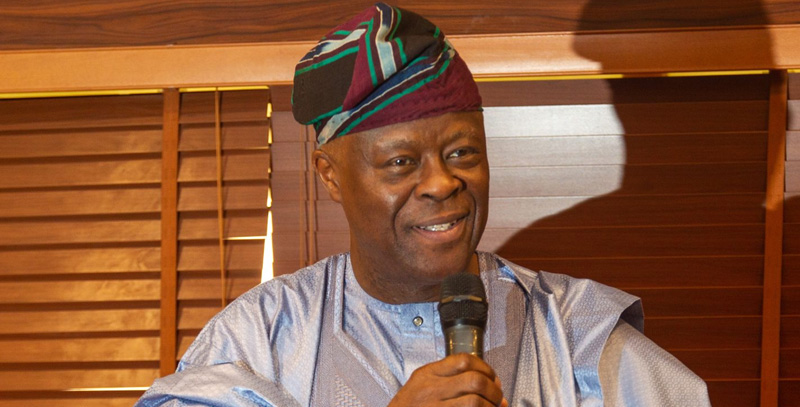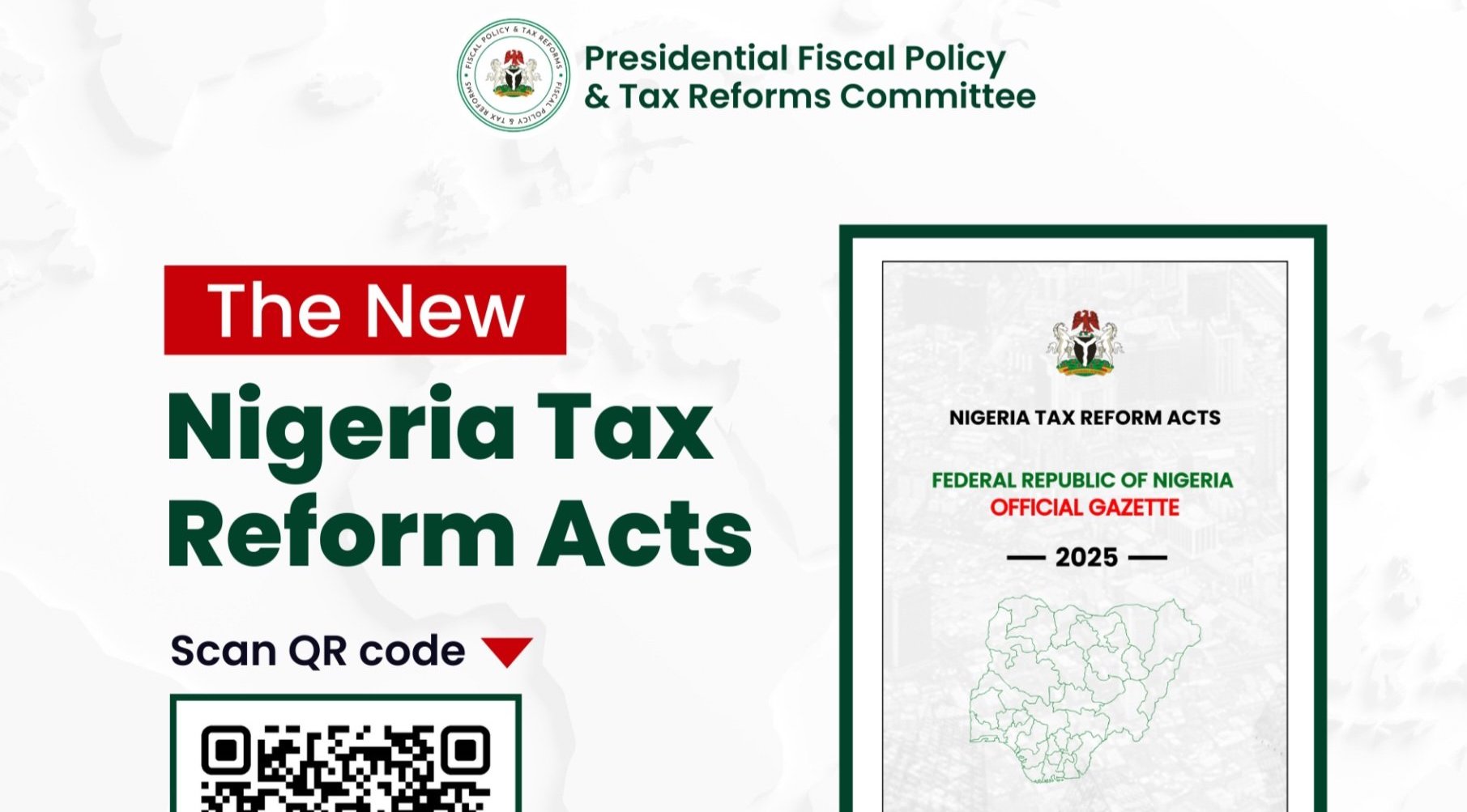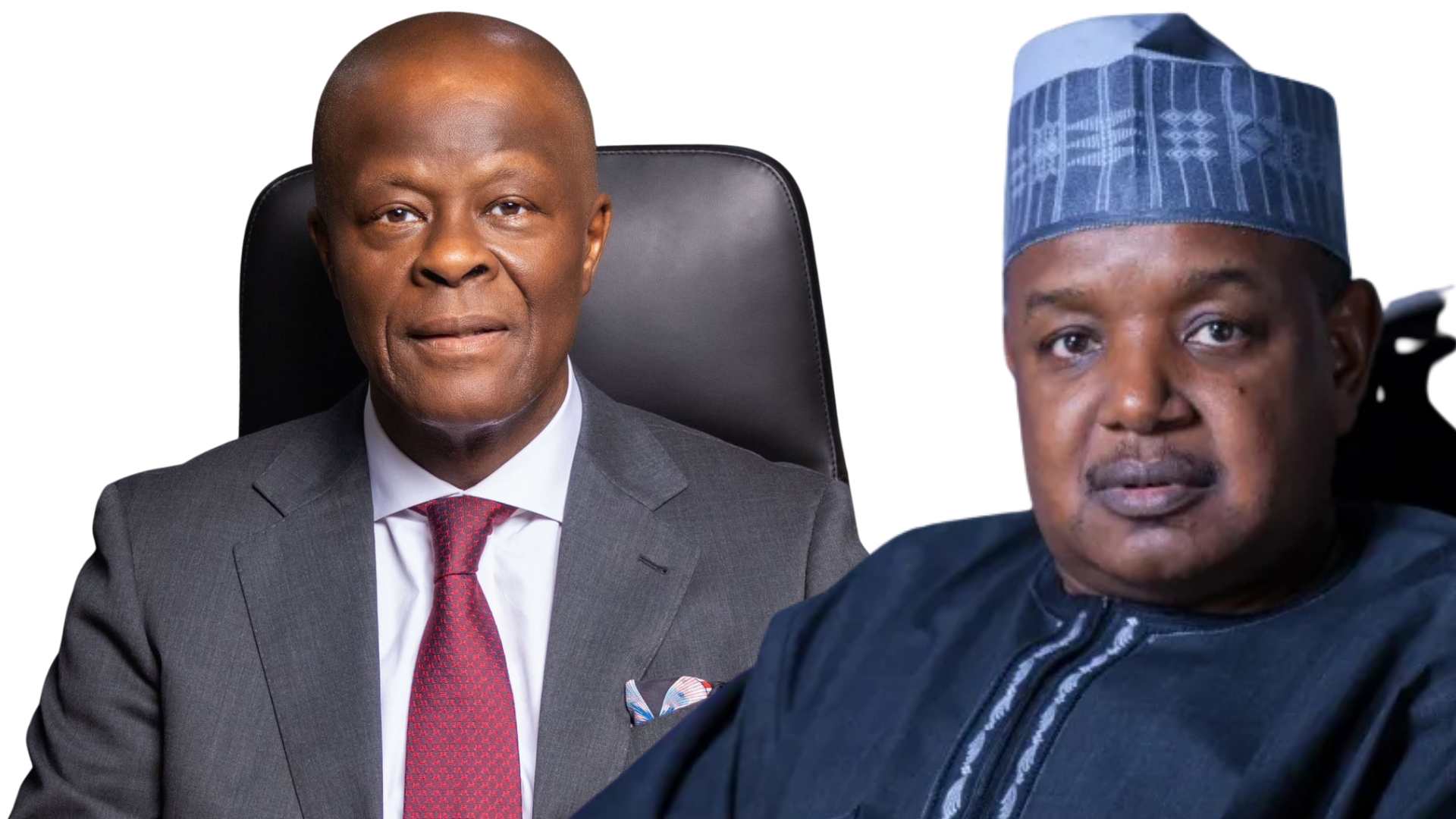• Hospitals insist on deposit, payment before care
• Patients, caregivers stranded over 150% hike in cost
• Patients explore cheaper, unsafe alternatives, herbal concoctions
• Over 90% of Nigerians still have no health insurance
With the high cost of operations and consumables, the galloping cost of care in public hospitals is fast pushing essential care beyond the reach of most Nigerians.
The Guardian checks across major public hospitals nationwide showed between 50 to 150 per cent spike in the cost of basic care, and much to the chagrin of minimum wage earners that desperately need care.
Across the board, “deposit first” is the catchphrase that now welcomes caregivers and patients in both state and federal hospitals. And in more than half of the cases, the pockets are empty.
At the popular Lagos University Teaching Hospital (LUTH), Idi-Araba, Lagos, for instance, the cost of various services has spiked by between 50 and 100 per cent.
Specifically, the consultation fee that was N2,700 earlier last year currently costs about N4,200.
The facility’s old Intensive Care Unit (ICU) requires a deposit of about N500,000 for adults and about N250,000 for children. The new ICU at the hospital requires about N1.2 million in deposit – over 140 per cent rise.
Diagnostic imaging has also increased with Chest X-rays now at N6,000 from erstwhile N4,000, and ultrasounds at N8,200 from the previous N7,700.
Chief Medical Director of LUTH, Prof. Wasiu Adeyemo, denied any recent increases within the hospital itself. He, however, acknowledged the presence of many private partners within LUTH that “might have increased charges for their services”.
The Lagos State University Teaching Hospital (LASUTH), Ikeja, Lagos, is not any different. Hormonal tests like Serum Prolactin, Follicle-Stimulating Hormone (FSH), Luteinizing Hormone (LH), Estrogen, and Progesterone have also near-doubled in cost. These tests, previously ranging from N7,400 to N8,300, now come at a flat price of N15,000 each. Even Testosterone tests have jumped to N17,000 from N9,000 and Thyroid-Stimulating Hormone (TSH) tests went from N4,800 to N9,000.
At a section of the facility (LASUTH), a deposit for ICU costs N1 million, and an N100,000 daily fee per admission. Despite the fee, there is no guarantee of bed space!
A resident of Ogun State said her mum had early-stage arteritis that took her to a state-owned hospital in Ota.
Though public, the facility charges a fee for everything.
“My mum used to go for therapy every week, now they collect money for it. We also realised that the cost of drugs at the hospital was much more than the price we get them in the pharmacy, so we stopped buying from the hospital,” she said.
Sources at the University of Nigeria Teaching Hospital (UNTH), Enugu, noted that to keep the cost bearable, it is now incumbent on patients to purchase all consumables that are required for care.
A senior official at the hospital said: “For public hospitals in Nigeria currently, if a patient came in and needed something like antibiotics, anti-malaria, pain medications or even nasogastric tubes, or any other equipment we use in treatment at the moment, we prescribe all of these things including drip, syringes, even hand gloves. They have to go, source by themselves, and bring it to the hospital. We don’t care where they get them from. All we know is that we prescribed them, they get them, and we will use them to treat them.
“We know where the country is right now. There is inflation; the price of commodities is skyrocketing. So, the fact that the patients are paying from their pockets is the major reason the cost of care is going higher at this time, not the hospital,” he said.
Though the tertiary in Abuja have increased the cost of medical services, they are, however, giving waivers to indigent patients, who cannot afford their medical bills.
The Public Relations Officer at National Hospital Abuja, Dr Tayo Hastrup, lamented the high cost of running healthcare facilities in the country, for which costs are passed to the consumers.
Hastrup affirmed that it has affected the cost of health services and appealed to the federal government to release an intervention fund to hospitals to enable them to continue to provide services for Nigerians.
He noted that the National Hospital was struggling with a huge electricity bill, which is estimated at N20 million every month, and also spends over N240 million on diesel yearly.
“Here at the National Hospital, we have patients we categorise as indigent patients like victims of road traffic accidents, and unknown patients when they come here. We don’t reject them,” he said.
Director of Clinical Services at the University of Abuja Teaching Hospital (UATH), Gwagwalada, Dr Bob Ukonu, told The Guardian that because the hospital services mainly the rural residents, the cost of services only increased by 10 per cent in the last two years.
The World Health Organisation (WHO) reported that an estimated 80 per cent of Nigeria’s population fell into poverty as they struggled to pay hospital bills.
A Consultant Public Health Physician, Dr Adeyinka Adeniran, hinged this cost-of-care challenge on little to no health insurance respite for most Nigerians, especially in the informal sector.
He added that since the government has made health insurance compulsory for everyone, there should be light at the end of the tunnel – if the initiative gets implemented.
Adeniran, however, warned if urgent measures are not taken on time, there are bound to be consequences as more people would start looking for alternatives, which might worsen their conditions.
“The problem is that inflation is affecting everything like drugs, and consumables, and that would impact the cost of healthcare. We also have a shortage of healthcare workers even in public hospitals because of the ‘japa syndrome’. So, the few that are left would also demand more, and all these would have impacts on the cost of healthcare,” he said.
A Medical Officer at the University of Nigeria Teaching Hospital, Enugu, Dr Donald Aniekwe, confirmed that some patients are already experiencing complications and some have met their untimely death because they were unable to afford treatments for their medical conditions.
Aniekwe noted that the hospitals are also poorly funded, despite the recent increase in monthly allocations to the states.
“Since the public hospitals are poorly funded by the government, they have to improvise and generate funds on their own and this means that the price of their services will increase to meet with the current economic situation of the country while the patients and their families are the ones who feel the brunt of the increase.
“We are still running an import-based economy, and that is another reason the cost of care is going up because the prices of medical equipment and drugs are consistently tied to the dollar rate since they are being imported. But if we have our government supporting local companies that want to produce drugs or medical equipment, it will cut the cost of imports significantly leading to reduced cost of care but that is yet to be done,” he said.
Another health expert and Managing director, StarCare Int. hospital, Dr Ajayi Babajide Olusola explained that inadequately skilled health workers, unreliable power supply, petrol scarcity and little to no insurance coverage are largely hindering healthcare delivery, especially at a time like this where inflation is wreaking havoc in the economy. He continued that if everyone had health insurance, the surge in the cost of care would have been minimal.
“The government should help out with policies that would enable us to deliver quality health service to the populace through insurance coverage, which would go a long way in covering the cost. If every single Nigerian is covered under the social security net, and has adequate healthcare insurance, that would create a formidable pool from which funds could be sourced to treat everyone. Because not everyone would be sick at the same time, those that would require the care would get it, and that is one aspect that the government needs to look into,” he said.
Club secretary of Yaba Lions Club, an NGO that advocates quality healthcare for all Nigerians, Abioye Bolare said the club is calling on the government for immediate intervention. According to him, it is common knowledge that the government cannot do it all but currently, its efforts are not enough.
“Today, I must say that our government is not doing enough because at this age and time, certain levels of healthcare should be free.
“What is the allocation of the budget to healthcare in Nigeria compared to other countries? We know that in an economic setting like ours, the government cannot do it all and their best cannot be good enough and if we are to give them a pass mark, it will be 30/70.
“How many government-owned health institutes do we have that are fully equipped? That is why some of our government officials fly abroad to get medical treatments and the dollars they spend from our money and these budgets can be converted and used to fund several government hospitals. When we are healthy, there will be productive human resources and capacities, so the government needs to refocus and as well as change strategy,” Bolare said.
The post Out-of-pocket: High cost of care hits public hospitals, uninsured patients appeared first on Guardian Nigeria News.







